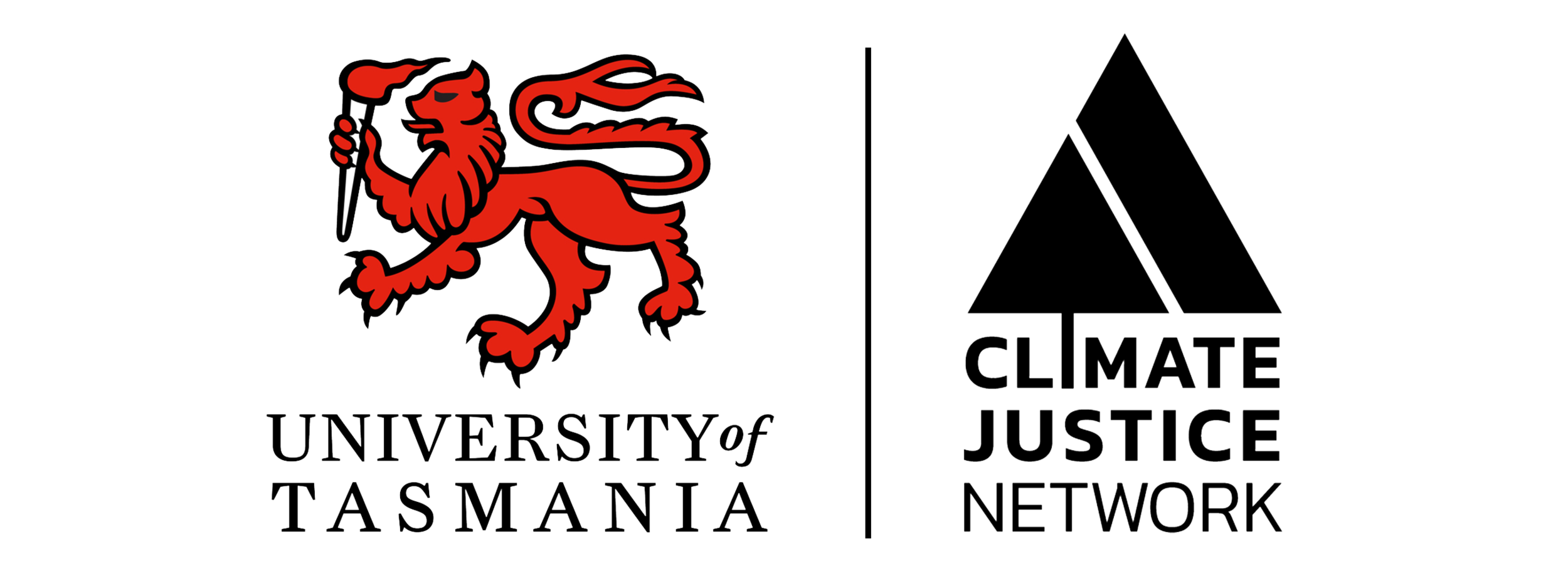At the moment our society is very short-term oriented. Our economy focuses on short-term economic growth, materialism, and promotes overconsumption. Our media focuses on the breaking news of today, but often leaves out long-term trends. Our politicians are influenced by lobbyists, election campaigns and their four-year election cycle. And even our brains are programmed to focus on the short-term.
This short-term thinking has disastrous consequences for how we shape our society. It impacts our natural environment, and through that the living environment we pass on to future generations. We engage in large scale destructive activities, such as destroying and polluting habitats and causing the extinction of animal species. With chemicals and plastics we pollute the water, soil, plants and animals that we and future generations depend on, for example for food and drinking water. On many places nature is exhausted and in need of regeneration. And like humans of future generations, non-human nature does not have a voice in the political decision-making that shapes its future.
What if we could give future generations a voice? And what if they were genuinely heard? For example, we could lower the voting age to let young people vote for their future. Or we could establish a parliamentary committee, ministry, commissioner or ombudsperson that will represent the interests and needs of future generations—locally and nationally, in every chamber or council where decisions are being made. How could they incorporate the needs and interests of all?
And what if we change our political, economic and legal institutions a bit, in a way that will prevent them from making choices with small short-term benefits and large long-term costs? Maybe the Senate or Upper House—or a new ‘Future House’—could veto plans that would be disastrous for the future? Or we could expect political parties to regularly report on the long-term impact of their party program?
Which examples and actions could we (symbolically) adopt? What would your country look like if it had an open and inclusive procedure to make political decisions, in which the interests of future generations are explicitly considered and prioritised? We will discuss some examples.
The Children’s Fire
The Children’s Fire is an Indigenous tradition, where a symbol—a fire, a candle, or a flower arrangement—is placed in the middle of a decision-making space to symbolically represent future generations. Through this, all actions, decisions and thoughts are at the service of the wellbeing of children and future generations of all species in nature, till seven generations into the future. Is the proposal also in the interest of future generations? Then it’s adopted. Is it (also) detrimental to future generations? Then we won’t do it.
Citizens’ assemblies
What if everyday citizens—free of the short-term pressures of elections, media or making profit—would have a bigger voice in matters that influence the wellbeing of future generations? Citizens’ assemblies are multi-day gatherings where ordinary citizens learn about societal problems, deliberate the issue, and form recommendations for policy-making. The group of citizens is picked through lottery, and proportionally reflects the citizens in their constituency. So not politicians who want to win your vote, or scientists who sometimes forget everyday reality, but fellow citizens engage in open, independent and informed conversations. And because these citizens from diverse backgrounds learn about their topic together, and deliberate on the pros and cons, citizens’ assemblies often end in mutual understanding and widely supported proposals for change.
In the Netherlands there are plans for a citizens’ assembly about the future of agriculture in the country, and other places like Scotland and France have already organised successful assemblies on climate change. Or maybe instead of organising one-off and ad hoc assemblies, we could also integrate continues citizens’ assemblies in our political system, such as in East-Belgium.
Ombudspersons for Future Generations
What would it be like if we had local representatives who represent the interests of our and future generations? No weekly meetings about the future, but a representation and dedication for the children of tomorrow. An Ombudsperson or Municipal Commissioner for Future Generations can actively work on policies, regulations and legislation that translate the interests of our great-grandchildren into our actions; in the here and now.
The annual Day of the Future
What if, once a year, we completely focus on the future? For a full day, we truly prioritise the wellbeing of current and future generations? This day, leaders of political parties could publish a rapport on how their party program will positively or negatively influence—the climate, living environment, wellbeing, society and opportunities of—children and future generations. Media could focus the nation’s attention to how we can build a better future together. Schools could help their students think about the future that they want, and how they can influence their future, for example with the Toolkit for Future Thinking. And an annual speech of the nation’s royalty or ombudsperson for future generations will inspire the nation with a vision about building the best possible future.
Lab Toekomstige Generaties (‘Lab Future Generations’) is a collaboration of professionals in the Netherlands, which includes the Dutch Observing Ombudsperson for Future Generations. Their mission is to ensure that in 2050 future generations are considered in all important decisions in the Netherlands, and the world.
Nicky van Dijk is PhD-candidate at the law faculty of the University of Tasmania. Her research focuses on why and how we should consider the interests of young people and future generations in our legal and political institutions.
This article was originally published in Dutch on the website of Lab Toekomstige Generaties under the title ‘Hoe zou werkelijke representative van toekomstige generaties eruit zien?’, on 23 November 2021.






